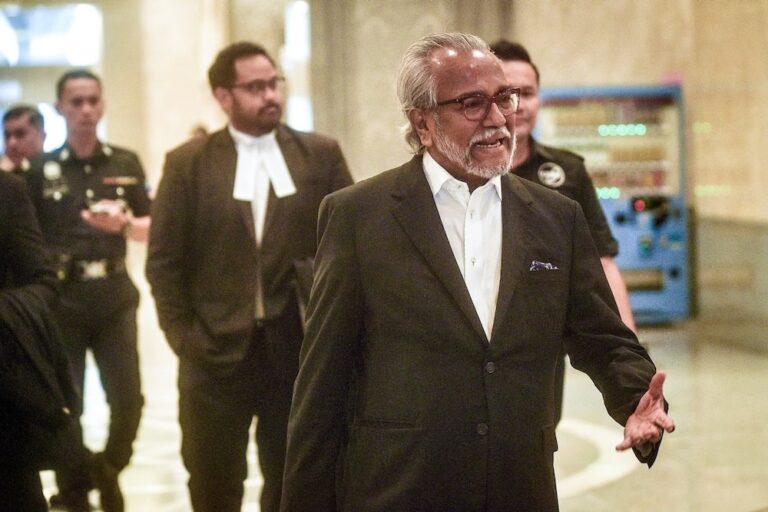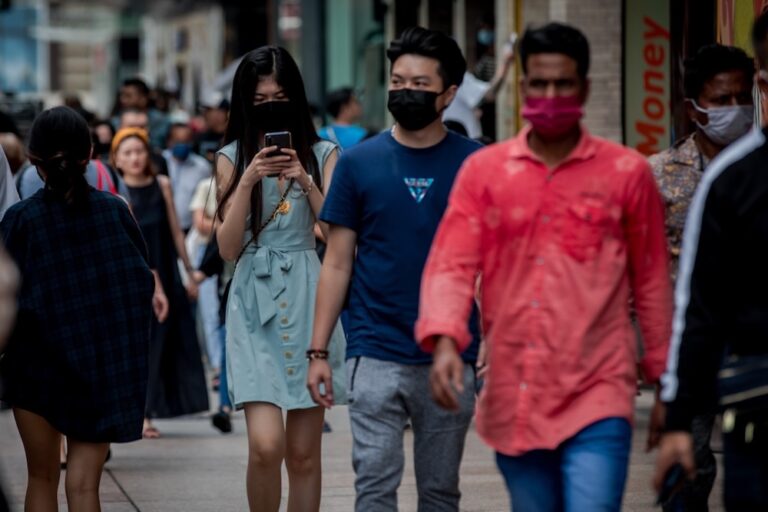(SEAPA/IFEX) – SEAPA has expressed grave concern over a perceived trend of official harassment being waged against Malaysian bloggers. Citing news reports that yet another blogger was “cordially” questioned by Malaysian police recently, SEAPA said Kuala Lumpur’s policing of the Internet is reaching a critical stage that needs to be recognised and confronted by rights […]
(SEAPA/IFEX) – SEAPA has expressed grave concern over a perceived trend of official harassment being waged against Malaysian bloggers.
Citing news reports that yet another blogger was “cordially” questioned by Malaysian police recently, SEAPA said Kuala Lumpur’s policing of the Internet is reaching a critical stage that needs to be recognised and confronted by rights and media advocates.
According to reports filed by Malaysia’s only independent online news provider, http://www.Malaysiakini.com, Mack Zulkifli, a blogger for a new weblog called brandmalaysia, was visited by a four-member team in his house in Subang Jaya on 14 March.
Two police officers and two unidentified government officials asked the writer to help them “understand the latest development of weblogs,” Zulkifli said.
The blogger then spent the next three hours answering questions about blogs and how their contents can be controlled. He said he was also asked about his motivations for maintaining his site when he appeared to derive no income from it. The site that Zulkifli runs is a non-political and non-religious weblog that receives about 2,000 to 3,000 hits a day.
SEAPA said this incident was but the latest in a string of developments suggesting that Malaysia is backing down from earlier commitments to keep state hands off Internet content.
On 28 February, blogger Jeff Ooi was questioned by police over an allegedly blasphemous comment posted on his Screenshots website by an anonymous user. Ooi was threatened under Section 298A of the Penal Code – which prohibits actions or conduct that could cause disharmony in society – despite the fact that he immediately removed the offensive comment and banned the user from posting on his weblog again (see IFEX alerts of 3 March 2005 and 7 October 2004).
On 14 March, a Science University of Malaysia student, Ali Bukhari Amir, was summoned for a third investigation by the university investigative committee. In a one-hour session, the university committee questioned Ali over his personal weblog, his involvement with the Federal Public Students Movement (GARAP) and two cheques he received for his articles. Ali received one cheque from a local non-governmental organisation, the Consumers Association of Penang (CAP), and another from the Malay-language daily “Utusan Malaysia”.
Malaysiakini reported that, during the session, Ali was urged by university authorities to use his writing talent to support the Malaysian government.
Ali was first grilled by the committee in December 2004 over articles he wrote for other publications. The investigation expanded to include his personal website and his involvement in forming a writers’ association.
The latest move against Ali prompted a protest by a local free expression advocate. The Centre for Independent Journalism (CIJ) said any punitive action against the student over his website is tantamount to Internet censorship, which contravenes the Bill of Guarantees set to protect Malaysia’s Multimedia Super Corridor project.


